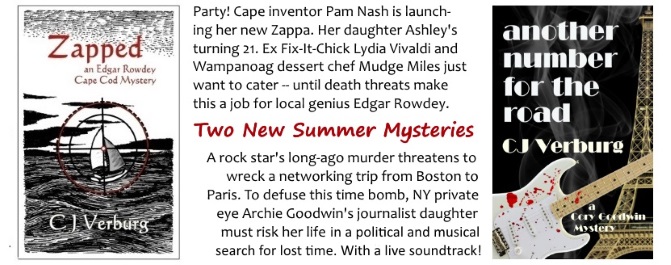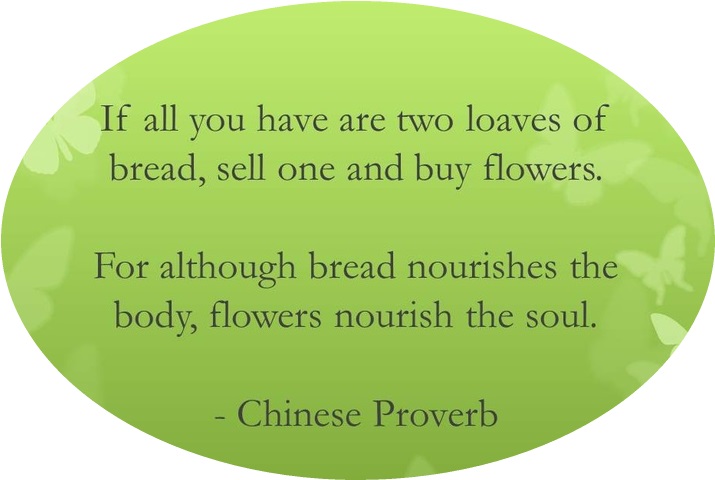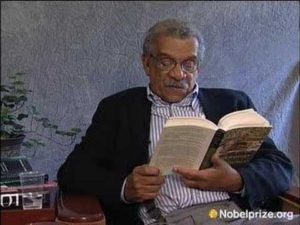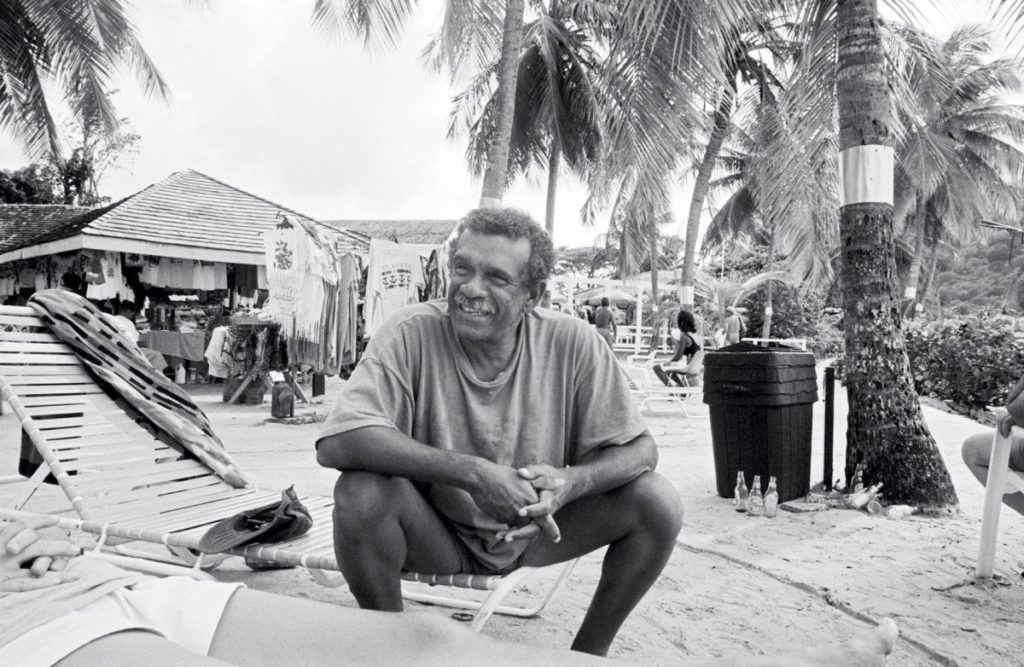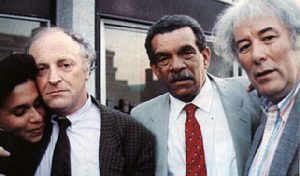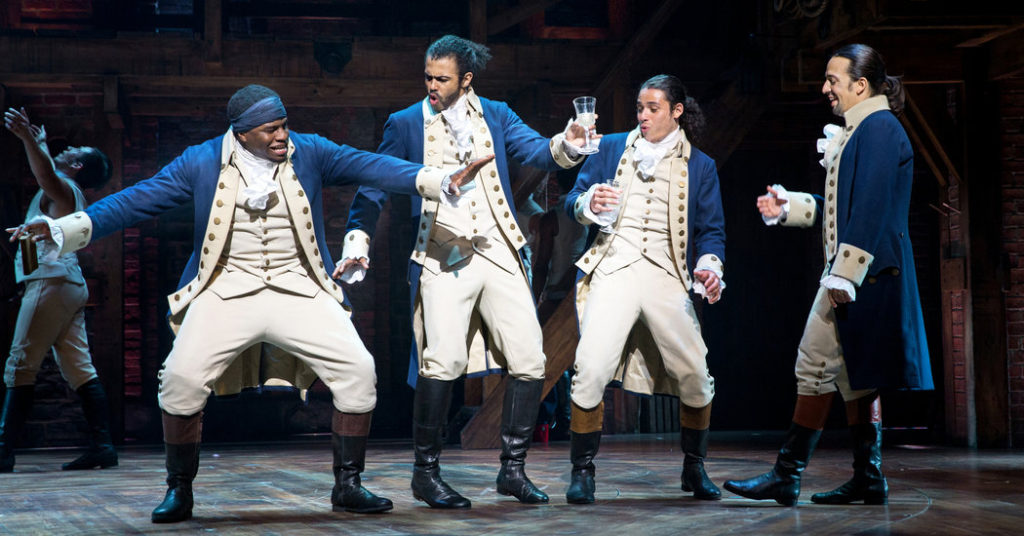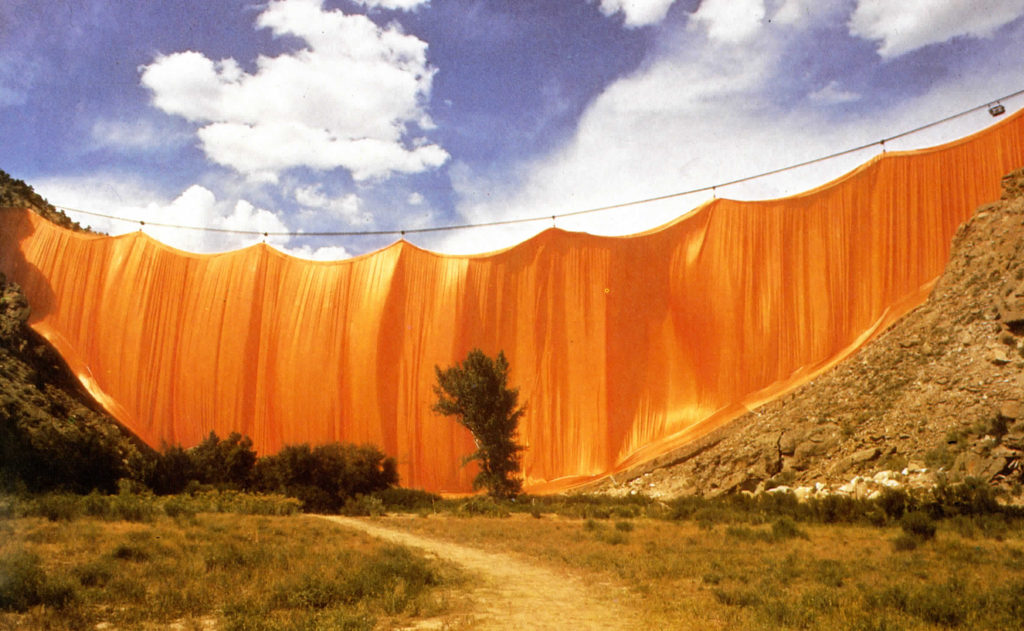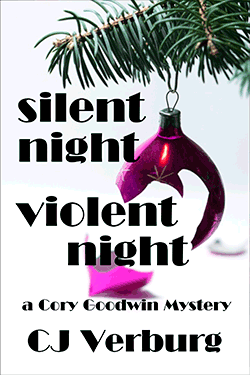C J Verburg, author of the Edgar Rowdey Cape Cod mysteries and Cory Goodwin mysteries, will be on Cape Cod speaking and signing two new books Aug. 1-3:
Bourne Library, 19 Sandwich Rd., Bourne – 7 PM Tues., Aug. 1
Yellow Umbrella Books, 501 Main St., Chatham – 11 AM-1 PM Wed., Aug. 2
Yarmouth Port Library, 279 Main St. (Rt. 6A), Yarmouth Port – 3 PM Thurs., Aug. 3
Author C J (Carol) Verburg lived in Centerville, West Dennis, and Falmouth before settling in Yarmouth Port in the late 1980s. With her friend, neighbor, and fellow mystery fan Edward Gorey, she spent more than a decade writing and directing plays for Cape theater companies from Provincetown to Bourne. Her pivot to crime fiction began with a half-joking “idée du jour” over lunch at their local café. Gorey’s death left that project in Verburg’s hands. The result was Croaked: an Edgar Rowdey Cape Cod Mystery—with a thinly disguised Edward Gorey as a sleuth instead of coauthor. Now Cape artist “Edgar Rowdey” is back to steer the seaside village of Quansett through another disaster in Book Two, Zapped.
C J Verburg’s second mystery series grew out of her dream of traveling to exotic places where she could write novels. Narrator Cory Goodwin is the Boston journalist daughter of legendary New York private eye Archie Goodwin. Silent Night Violent Night finds Cory helping a frightened friend at a science publisher’s posh holiday party. In the brand-new sequel, Another Number for the Road, Cory’s off to Paris on the trail of an unsolved murder and a vanished ‘60s rock band. Another Number for the Road: a Cory Goodwin Mystery is a literary novel for music fans—complete with a live original soundtrack.

